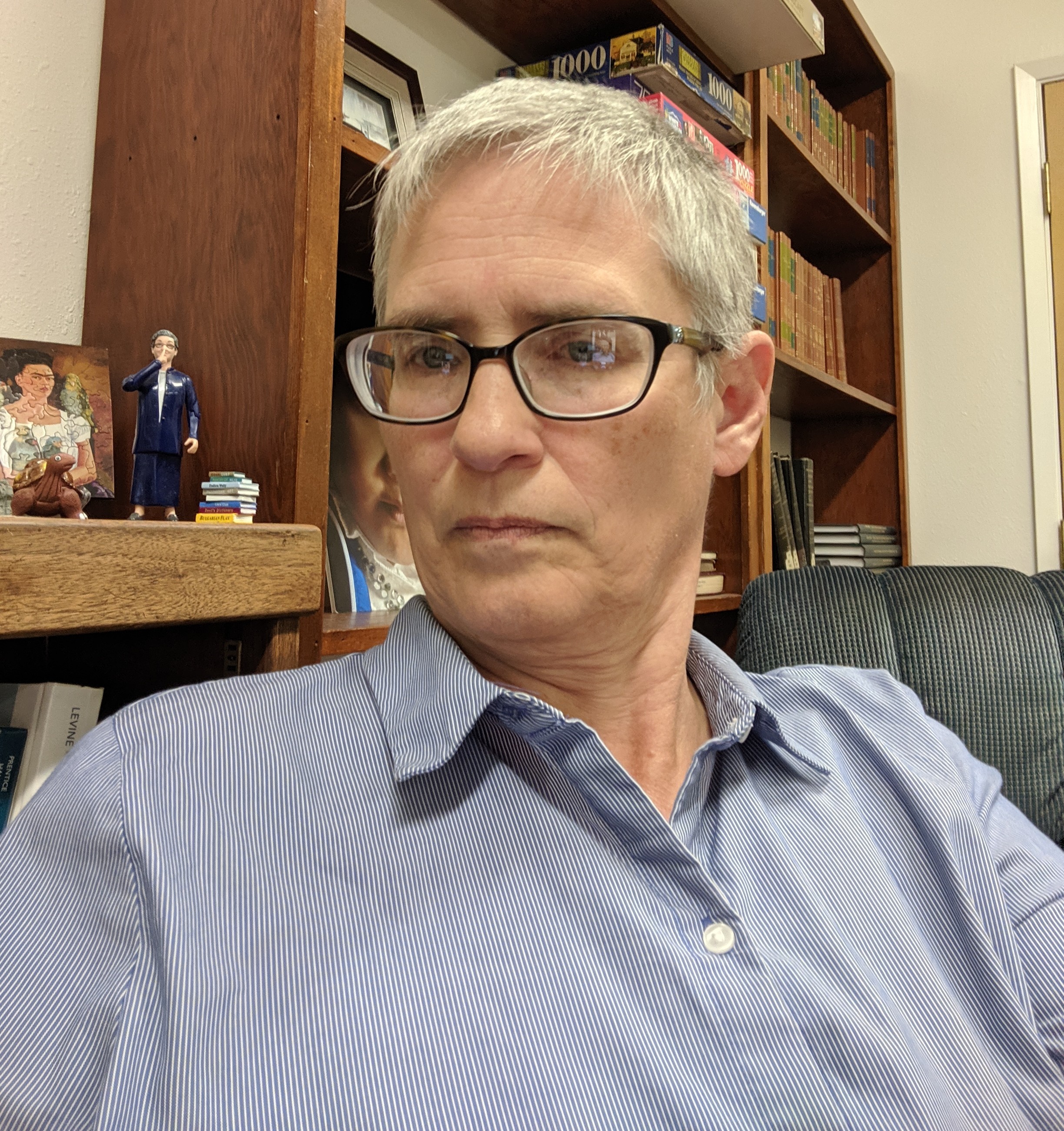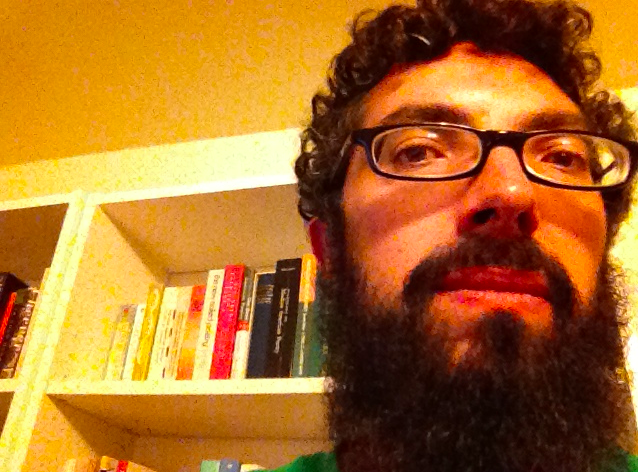Mennonite Encounters
This issue offers four essays that engage the theme of “Mennonite Encounters,” along with a poetry feature. Hope Nisly’s personal essay, “Morning in America,” is a memoir of her time spent working at a homeless shelter in the California of the 1980s. Pat Lehman’s “Who Can Represent the Other” explores both the production and reception of her play, “Heavenly Voices,” based on a documentary film about Mennonite women of color. Sam Manickam’s essay explores Carlos Reygadas’ films Japan and Silent Light, the latter set among the Mennonites in Mexico, with Mennonite novelist Miriam Toews in a lead role. Daniel Shank Cruz calls for readers to look to Mennonite fiction, in particular Miriam Toews' novel The Summer of My Amazing Luck, for a narrative ethics that challenges conventional Mennonite pieties. Both Pat Lehman’s and Daniel Shank Cruz’s essays began as papers at the “Mennonite/s Writing VI: Solos and Harmonies.” Cynthia Yoder, our featured poet, explores the ethics of relationship and identity in five poems about human and interspecies relationships.
--Ann Hostetler, Editor
In this issue:
-
0
read more

Morning in America
by Hope NislyWe opened the doors of St. Joseph’s Emergency Winter Shelter for Women and Children on a drizzly, dreary Saturday evening in January. Walking from the BART station to the shelter, I stumbled over the sad remains of New Years Eve celebrations, the streamers and confetti begging for a better year in 1986. By the time I arrived for my first night on the job, there was a line of women waiting impatiently. The first family in line was a hefty black woman and her two daughters anticipating a hot meal, beds, and protection from the rain.
Sandra pushed her way …
-
0
read more

Who Can Play the "Other"?
by Pat LehmanIn 2000 Linda Christophel and I began interviewing Mennonite women of color about their experiences with racism and how God had worked in their lives. The result was a film, Living Water Living Faith, which premiered in 2005 at the Mennonite Church Convention in Charlotte, North Carolina. The stories of these women were so powerful that I decided to present the stories of additional women we had interviewed in a play, Heavenly Voices, written in part for the completion of my doctorate in 2010. Part of the dissertation project involved cross-racial casting of women in the roles in order to …
-
0
read more

The Other Mexico through the Cinematic Eyes of Carlos Reygadas
by Samuel ManickamAmong the crop of contemporary Mexican film directors, perhaps Carlos Reygadas (b. 1971) is deservedly referred to as enfant terrible. Doing away with traditional plot lines and character development, Reygadas conscientiously turns cinematographic conventions on their heads. He uses long, slow shots to depict tortured characters of few words living out existential dilemmas in his three internationally acclaimed films to date: Japón (2002) [Japan], Batalla en el cielo (2005) [Battle in Heaven] and Luz silenciosa (2007) [Silent Light].[1]
By attempting to do away with the conventional artifices of film-making – after all, …
-
0
read more

Narrative Ethics in Miriam Toew's Summer of My Amazing Luck
by Daniel Shank CruzIn an interview with Natasha G. Wiebe, Miriam Toews recalls when Rudy Wiebe’s 1962 novel about violence in a Canadian Mennonite village, Peace Shall Destroy Many, was banned in her church, and laments that this official reaction was “so sad, because the Mennonites have so much to offer” (119-20, emphasis in the original). Despite her rejection of Mennonite theology,[i] Toews recognizes that the Mennonite community has much to teach the outside world.
Toews repeatedly calls herself a “secular Mennonite” (“Novelist,” Brandt “Complicated,” N. Wiebe 122), a term which, aside from acknowledging the impossibility of escaping her Mennonite …
-
0
read more

The Heretic and Other Poems
by Cynthia YoderThe Heretic
During the Reformation in Europe, Menno Simons left his work as a Catholic priest to become a leader of the Anabaptist movement, which was distinguished by a belief in adult baptism. Many Anabaptists -- now known as Mennonites, Amish and Brethren -- were martyred for their practice.
On the foothills of Sangre de Christo, my brother rinses his low-
floating beard in spring water and stones. I don't know
how far he goes when he leaves his home near Grape Creek,
but I can see his bones more clearly through his face each
time.
My philosophy has been, …